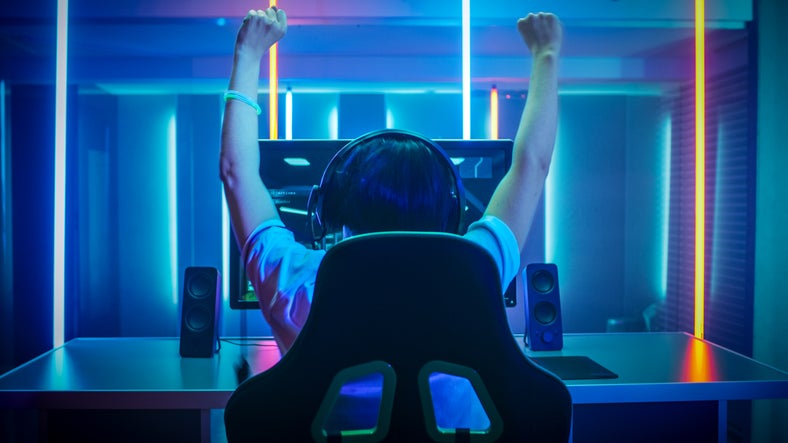
Mojang Studios, maker of Minecraft, one of the most successful video games of all time, is looking into new revenue streams as the global gaming market suffers layoffs, studio closures and revenue slowdown.
The Swedish game developer is reportedly exploring potential revenue streams in education, content-streaming and merchandising.

Access deeper industry intelligence
Experience unmatched clarity with a single platform that combines unique data, AI, and human expertise.
In an interview with Bloomberg, Mojang CEO Åsa Bredin said revenue in the company’s products business has doubled in the last two years.
Minecraft was created by Markus “Notch” Persson and was launched for the first time in May 2009. The game rose to popularity quickly with its first full release in 2011.
Notch sold Minecraft to Microsoft in 2014 for $2.2bn. In Q1 2024, Minecraft averaged around 175 million monthly users. From the time Microsoft purchased Minecraft, it is understood to have generated around $2.8bn in sales revenue.
However, despite the continued success of Minecraft, the gaming industry is in a difficult place right now – pushing studios like Mojang to start thinking outside the box.

US Tariffs are shifting - will you react or anticipate?
Don’t let policy changes catch you off guard. Stay proactive with real-time data and expert analysis.
By GlobalDataNintendo and Sony have also been leading the charge by expanding the scope of their gaming products.
Sony has successfully made its critically acclaimed franchise The Last of Us into a HBO franchise which was positively received. Nintendo also worked with Illumination to create The Super Mario Bros. Movie, which made $1.36bn worldwide.
Jamie Lyons, global head of gaming and virtual experiences at PHD Games, told Verdict that it was logical for the high-profile gaming intellectual property rights-holders to want to maximise the value of their asset beyond unit sales.
“This is especially notable given the pure number of AAA game titles vying for share of wallet in the space,” Lyons said.
“Whilst merchandising and TV and movie tie-ins have been the pre-eminent means of intellectual property extension to date, there’s scope for more imaginative solutions to extract maximum value,” he added.
Lyons said gaming companies will likely push monetisation initiatives with brand partnerships, digital wearables and enterprise solutions built on game architecture in the coming years.
The gaming industry is in a tough spot
In recent months, thousands of people working in the industry have lost their jobs, a flurry of studios have been shut down as companies cut back on costs and there has been an overall slowdown in consumer spending.
On Wednesday (3 July), it was reported that Microsoft-owned Xbox will be cutting more jobs this week, following major layoffs and studio closures in May.
According to research and analysis company GlobalData, global gaming deals have dropped considerably in 2023 and 2024.
GlobalData’s deal database tracked mergers and acquisitions, venture financing, private equity offerings and asset transactions.
Global gaming deals peaked in 2022 totalling $126.9bn, according to GlobalData's deal database. However, the value of deals significantly dropped in 2023, totalling just $28bn.
Just over the midpoint of 2024, the total value of global gaming deals totalled just $4.2bn.
Despite the highs of 2022, the once “recession-proof” video game industry witnessed a rare decrease in user growth as the world manoeuvred itself out of the coronavirus pandemic, which has been highlighted even further in 2023 and 2024.
The industry has also been hindered by rising inflation causing customers to tighten their purse strings, as well as lasting damage from semiconductor shortages that led to a slowdown in the supply of gaming consoles.
Despite this, GlobalData predicts the gaming industry will be worth a whopping $470bn in less than a decade, increasing by more than double from its 2021 $197bn valuation.







